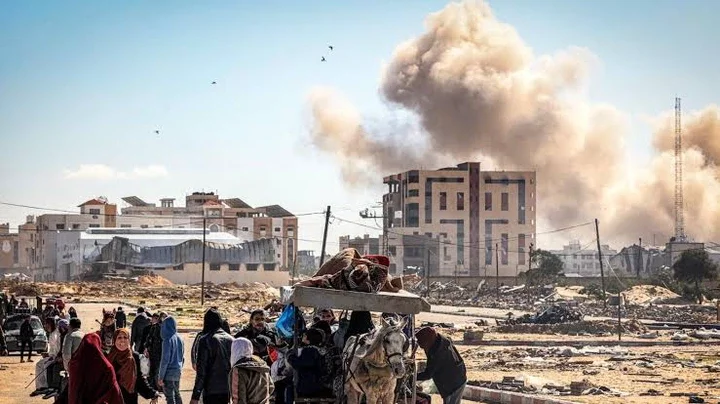
Day 432 of Israel's conflict has witnessed significant developments, including cross-border tensions, civilian casualties, and international reactions. Four rockets were launched from Gaza into Israel, with two intercepted by Israel's defense systems and two landing in open areas without causing damage. This follows increased Israeli military activity in Gaza since October.
A recent Israeli airstrike targeted a home in northern Gaza, reportedly killing 19 people, including an entire family of eight. These incidents are part of Israel's broader offensive against Hamas, which began following intensified hostilities.
In Syria, the new transitional prime minister, Mohammad al-Bashir, has called on millions of refugees to return, claiming the nation has regained its pride after the ousting of long-time leader Bashar al-Assad. However, the country's financial instability, with its currency severely devalued, remains a significant challenge.
Meanwhile, international diplomatic efforts continue. U.S. Secretary of State Antony Blinken is set to visit Turkey to discuss post-Assad Syria. Iran's Supreme Leader Ayatollah Khamenei has alleged that Assad's removal resulted from a coordinated effort by the U.S., Israel, and an unnamed neighboring country.
Elsewhere, global solidarity emerged following an arson attack on the Adass Israel Synagogue in Melbourne, which raised over $600,000 for reconstruction. The synagogue, deeply rooted in Holocaust survivor history, symbolizes resilience amid adversity.
Additionally, human trafficking has surged globally due to conflicts and climate crises, according to a United Nations report. Vulnerable populations, including women and children, face increased risks of exploitation, with 38% of victims being minors.
The ongoing conflict underscores the complex interplay of local hostilities and global political dynamics, leaving widespread humanitarian and geopolitical implications. As events unfold, international attention remains fixed on the region's developments.

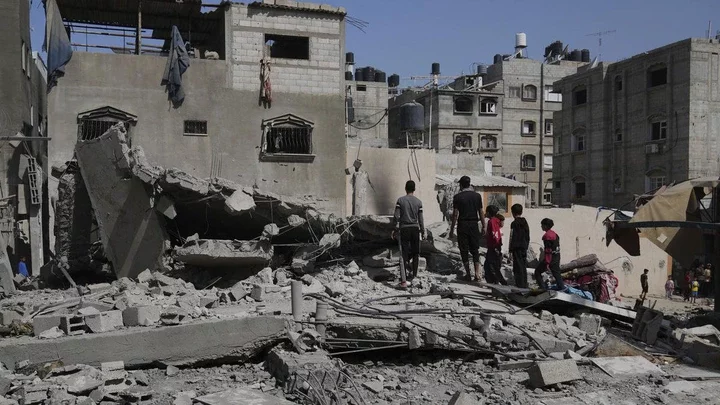
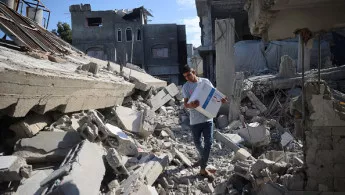
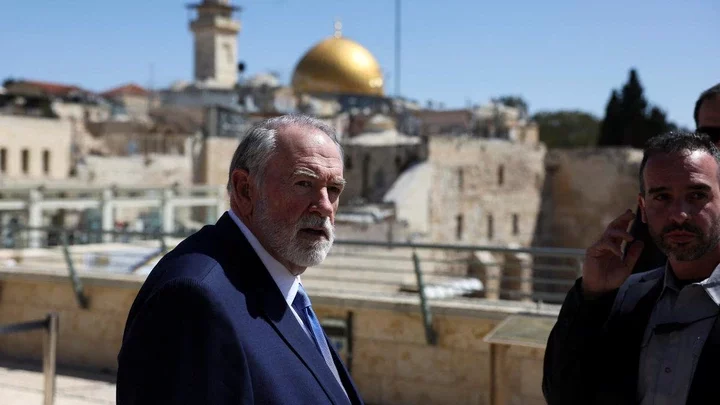
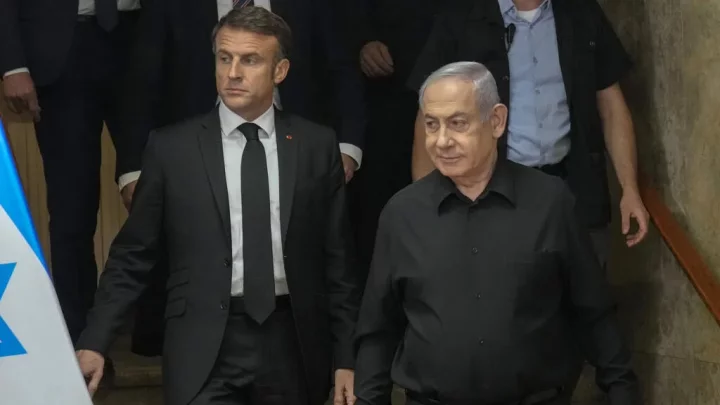
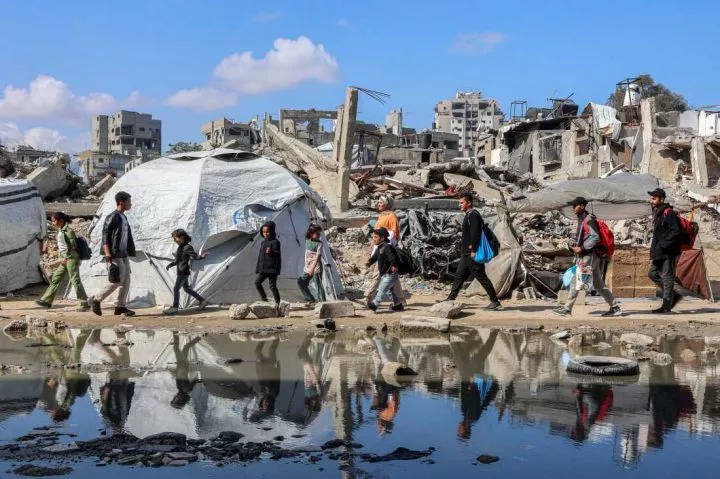
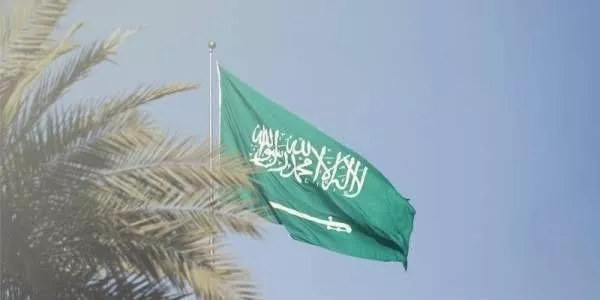








Comments